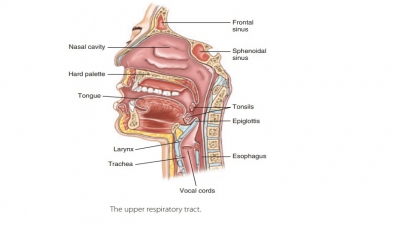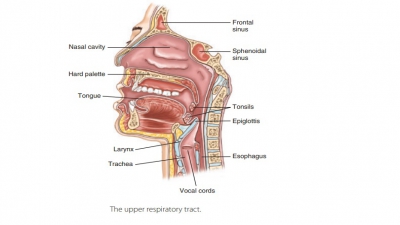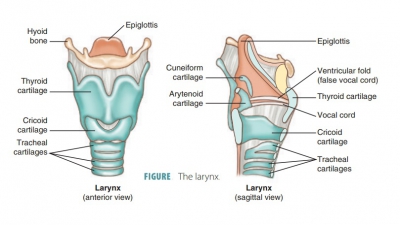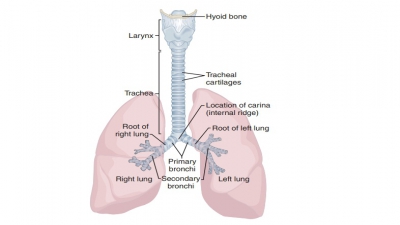Respiratory System
| Home | | Anatomy and Physiology | | Anatomy and Physiology Health Education (APHE) |Chapter: Anatomy and Physiology for Health Professionals: Respiratory System
The blood circulation carries oxygen from the lungs to the peripheral tissues, while simultaneously trans-porting carbon dioxide (CO2) from these tissues back to the lungs.
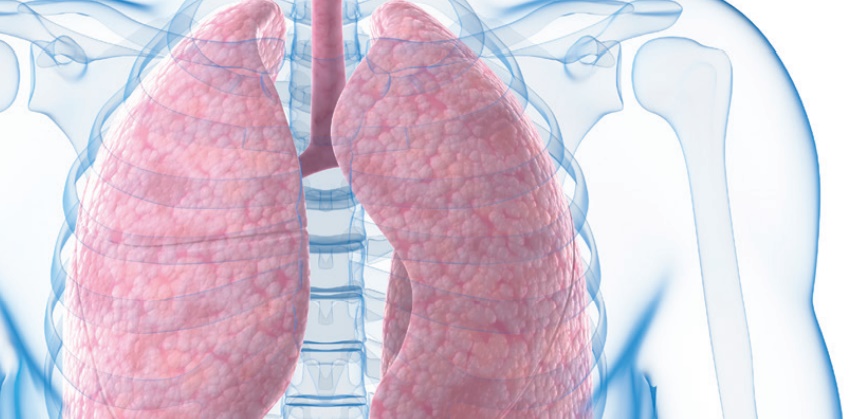
Respiratory
System
After studying this chapter, the reader should be able to:
1. Describe the primary functions of the respiratory system.
2. Identify the organs of the upper respiratory system and
describe their functions.
3. Discuss the structure of the airway outside the lungs.
4. Describe the functional anatomy of the alveoli.
5. Define and compare the processes of external respiration
and internal respiration.
6. Describe the major steps involved in external respiration.
7. Explain the important structures of the respiratory
membrane.
8. Describe how oxygen is picked up, transported, and released
in the blood.
9. Describe the factors that influence the respiration rate.
10. Identify
the four distinct respiratory volumes.
Overview
The blood circulation carries oxygen from the lungs to the peripheral tissues, while simultaneously
trans-porting carbon dioxide (CO2) from these tissues back to the
lungs. The respiratory system supplies the cells of the body with energy,
enabling them to divide, grow, defend themselves, and maintain nor-mal
structure and function. Most of this energy is obtained via aerobic mechanisms,
which involve both oxygen and CO2. Human respiratory exchange
surfaces are extremely thin and delicate. They are found within the lungs, in
an environment that pro-tects them and keeps them both warm and moist. As a
result, diffusion occurs between air and the blood stream. The exchange
surfaces of the lungs are linked via the cardiovascular system with the
interstitial fluids of the body.
Related Topics


